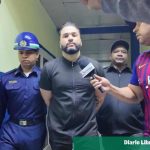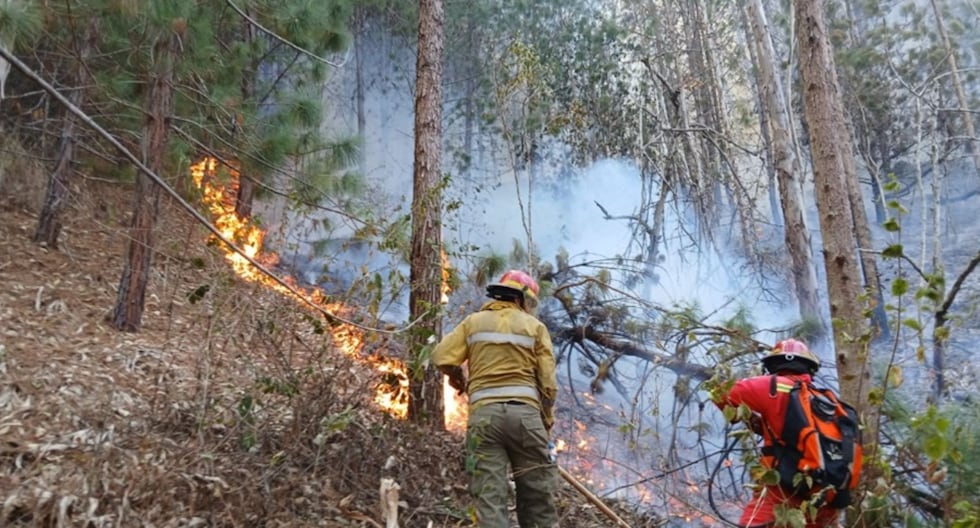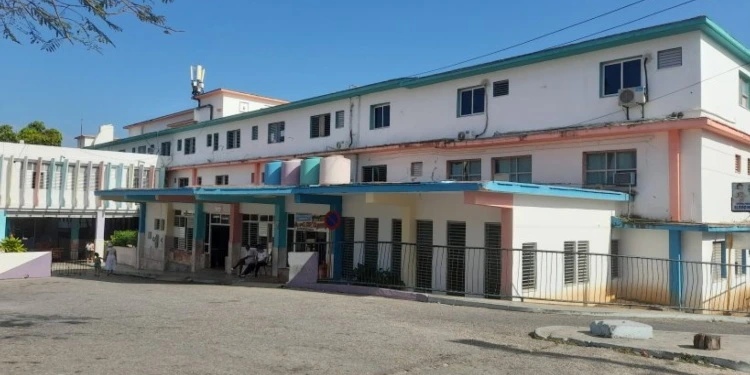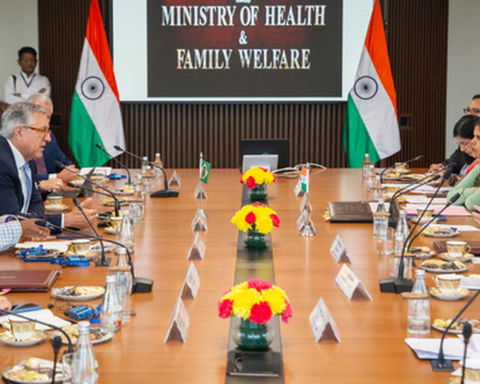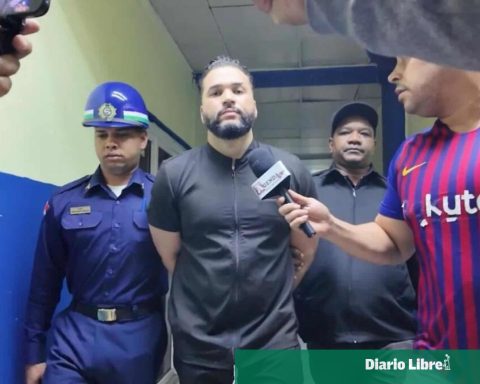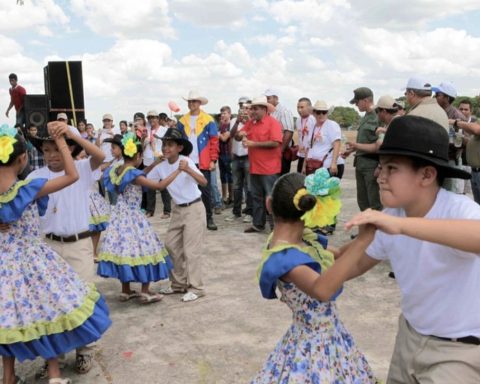AND
The next one September 26 marks the tenth anniversary of the disappearance of the 43 students from the Raúl Isidro Burgos Rural Teachers’ College in Ayotzinapa. Relatives and colleagues of the 43 students, civil society organizations and citizens in solidarity with this movement demanding justice and truth have begun several days ago the commemorations and demonstrations typical of a tenth anniversary that is being celebrated in the midst of a climate of impunity, concealment, uncertainty and disillusionment.
However, amid the darkness surrounding the Ayotzinapa case and the deep pain that remains among the victims and their families, this tenth anniversary also commemorates a luminous process of dignified resistance sustained by the normalista tradition as well as by the families and organizations fighting to find out the whereabouts of the 43 students; a struggle that the government in power has tried to divide and that has allowed the deep crisis of disappearances in our country to become visible on an international scale, the toll of which now amounts to more than 115 thousand people.
In an effort to recover from the last 10 years of this struggle for truth and justice, at least four stages can be distinguished around the case, marked by the different stances and actions-omissions of the State in the face of the unwavering demands of the students’ parents.
The events of that tragic night of September 26, in which 43 students were disappeared, six people were killed –one with severe signs of torture– and more than 40 people suffered injuries, were quickly covered up by the government of Enrique Peña Nieto, who with a slam dunk tried to close the case by constructing the alleged historical truth
that the then Attorney General of the Republic, Jesús Murillo Karam, stated in a press conference. Neither the cautious manipulation of evidence nor the torture used to obtain the key statements to put together this version of the events were sufficient to stop the search for the whereabouts of the students and the demands for truth, justice and reparation.
The failure of the historical truth
disproved thanks to the tireless work of the parents of the normalistas and the human rights organizations that accompanied the case, led to a second stage that began with the arrival of the Interdisciplinary Group of Independent Experts (GIEI), whose exceptional work in that first period allowed substantial progress in the search for the truth, thereby resoundingly refuting the official version of the government in power and pointing out as responsible for action or omission of people and institutions at the three levels of government, including those who manipulated evidence at their convenience to fabricate a truth that hindered and slowed down authentic investigations.
The GIEI was practically expelled from the country, largely due to the discontent of the armed forces; however, the change of government inaugurated a third stage characterized by opportunity. The expectations raised by the promises made by Andrés Manuel López Obrador to the families of the 43 students, accompanied by the creation of a new institutional framework, opened a new political moment for the Ayotzinapa case, which eased the tensions of the movement with the State and generated a significant synergy that, although with some setbacks, allowed the official denial of the historical truth
manage the return of the GIEI, create a Truth Commission headed by Undersecretary Alejandro Encinas, give continuity to the investigations through the creation of a new specialized prosecutor’s office, plus the active participation of the Office of the United Nations High Commissioner for Human Rights.
Although the case has made significant progress, such as the arrest of military personnel, including former prosecutor Murillo Karam, among others, the insurmountable wall that has separated the armed forces from the duty of transparency and accountability in the investigation has marked the fourth and current stage of the case. Different means of proof, as well as the controversial collaboration of the recently arrested Gildardo López Astudillo, whose protected witness name was Juan, It reinforced the need to openly investigate the armed forces, as it confirms that they were aware of the events when they occurred, they covertly observed the events, they had intercepted the communications of some of the participants and they had infiltrated the normalistas movement.
The situation of the change in the Presidency of the Republic presents us with the opportunity to inaugurate a fifth stage, the completion of which will depend on Claudia Sheinbaum calling for the cooperation of the armed forces and resuming efforts to effectively search for the truth, which will help establish new codes of trust between the parents of the missing students and the State. Regardless of the positions that the incoming government decides to take, what we can be sure of is that the fight for justice in the Ayotzinapa case will continue to be driven by the dignified resistance of the relatives and colleagues of the 43 students. As citizens, it is up to the State to reiterate that its obligation is to continue with the investigations in an honest and rigorous manner, even if this means lifting the veil of the pacts of impunity. Only in this way will we be able to find the whereabouts of the 43 students and the more than 115,000 missing persons.








